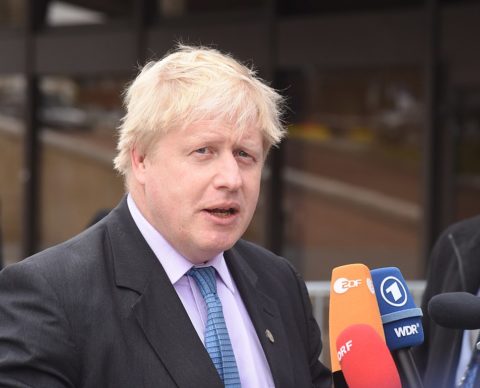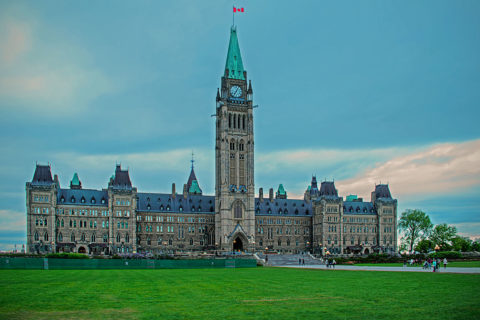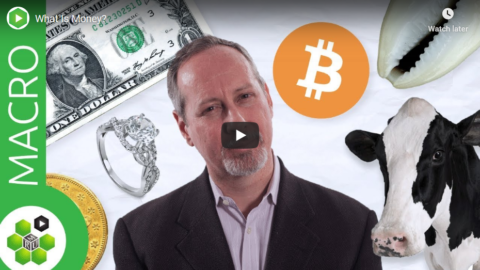Sean Gabb provides a brief evaluation of new British PM Boris Johnson:

Boris Johnson, Secretary of State for Foreign and Commonwealth Affairs at an informal meeting of the Foreign Affairs Council on 15 February 2018.
Photo by Velislav Nikolov via Wikimedia Commons.
I have been asked to comment on Boris Johnson’s appointment as Leader of the Conservative Party and therefore as Prime Minister. Since I recently called him “a bag of living offal,” my view is unlikely to be positive. However, I will try to be fair. More to the point, I will try to relate this latest turn of events to my general analysis of British politics.
Last month, I wrote that membership of the European Union was a peripheral issue for our ruling class. The main agenda for this class is to carry through a neo-Puritan remodelling of our institutions, and indeed our minds. The details of a customs and regulatory union are less important than control of education, the media and the criminal law. This being said, membership is useful so far as it blurs the lines of accountability. It is also an article of belief among some elements of the Ruling Class. For this reason, the verdict of the 2016 Referendum was unwelcome. It meant a diversion of effort from the main purpose. It upset various important people. The obvious solution was to give us a minimal departure that would satisfy us, but would keep in place those elements of the European Project that really are important to the Ruling Class.
Here, I come to a digression on the nature of how we are governed. There is no cabal of evil persons directing all events and appointments from behind the scenes. This is generally not how ruling classes operate. A more realistic model can be taken from Ian Kershaw’s analysis of the National Socialist revolution in Germany. This proceeded with limited central direction. Before 1939, the leaders were concerned mostly with foreign policy, after that with fighting a big war. Instead, the revolution was decentralised. Reliable men were put in key positions and told to “work towards the Fuhrer” – that is, to act in any situation as they might imagine Hitler himself would act. The result was often administrative chaos. The benefit was that the leadership could concentrate on what it saw as the essentials, and more local knowledge could be used in the overall revolution than would otherwise have been possible.
This is largely how things work in England. Our own transformation is not driven by detailed orders from the Shadowy-Ones-on-High, but by creating a bias within every useful institution to those who are broadly in favour of the transformation. The benefit is a constrained diversity of approaches that can be presented as a genuine diversity of opinion. The disadvantage is that executive power lies in this country where it has since 1701 – that is, in the hands of the Ministers of the Crown, who are accountable to the House of Commons. If the Prime Minister turns out to be a fool, and the other ministers are too cowardly to stab him in the back, there is no easy way to remove him.
On balance, Theresa May was more stupid than malevolent. Her job was to produce the minimal departure I have mentioned. The question of who wrote her Withdrawal Agreement is less important than the fact that few who mattered wanted or dared to accept it. She should never have thought it would be accepted. Having discovered it was unacceptable, she should have tried something else. Instead, she tried four times to ram it through the House of Commons. She also reached out to a Labour leader who is feared or just hated by important strands within the Ruling Class. At first, the damage was confined to the possibility of a Labour Government. It then widened, with the emergence of the Brexit Party, to the threat of a general delegitimisation of the system as it has emerged since 1997, or perhaps 1979.







